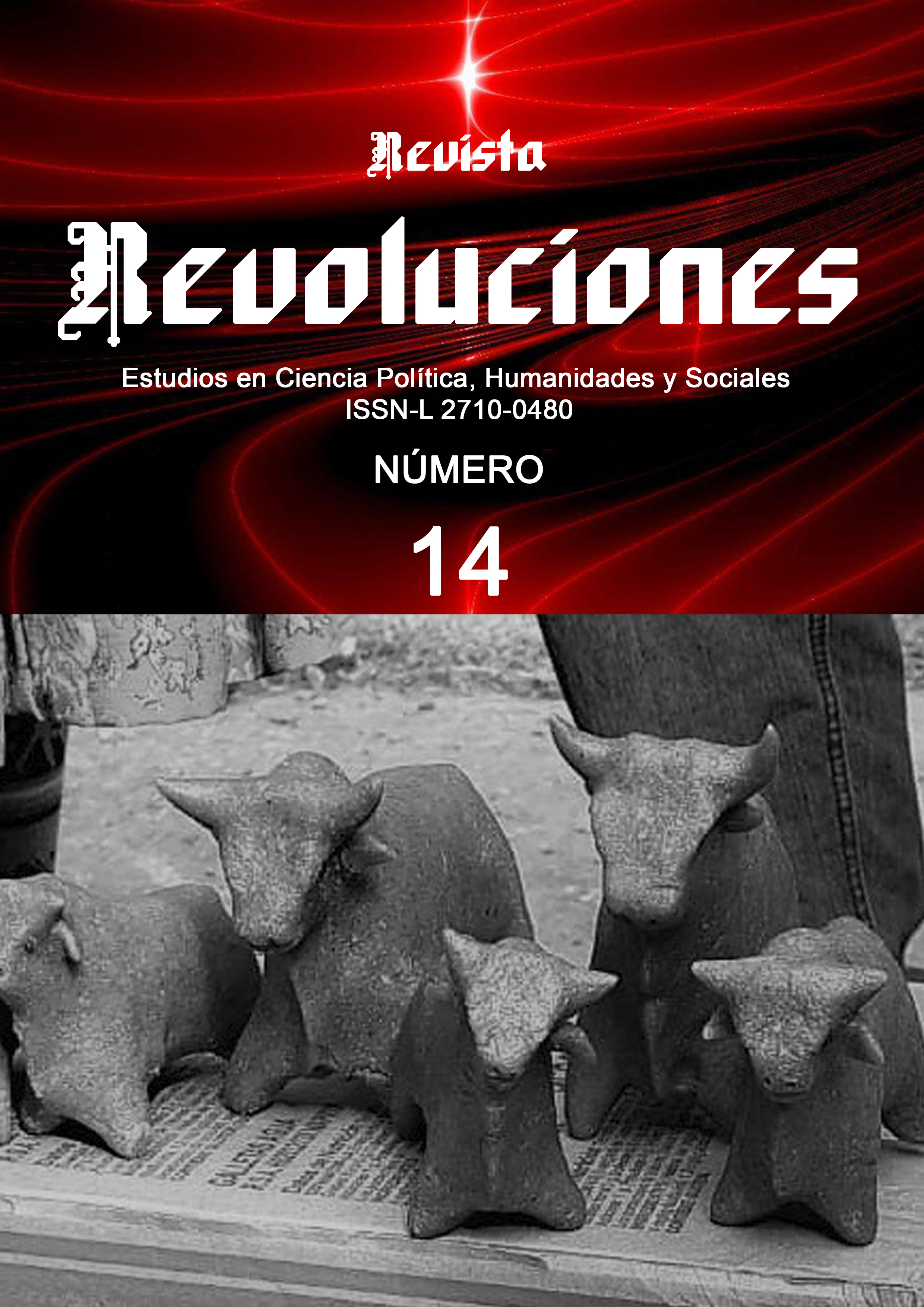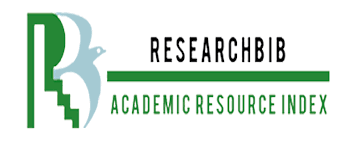Reports of the project “Recovering the agrobiodiversity of the coast to improve peasant production and nutrition”, Heifer – Vision Integral
Reports of the project “Recovering the agrobiodiversity of the coast to improve peasant production and nutrition”, Heifer – Vision Integral
DOI:
https://doi.org/10.35622/j.rr.2023.014.003Keywords:
APAVI, rural training, Community development, farms, Organizational strengthening, Heifer, chain pass.Abstract
In Ecuador there are peasant organizations dedicated to agricultural production activities, whose work over the years has made them true references in rural community associativity and cooperativism. One of the organizations present on the Ecuadorian coast is the Association of Small Agricultural Producers INTEGRAL VISION, “APAVI. The umbrella project was under the responsibility of the Heifer Ecuador Foundation and the execution was carried out by the 5 organizations located in three provinces of the Coast, which began its work in Ecuador since 1954. The community development projects proposed by NGOs such as Heifer They cause farmers to move towards better soil management through basic but very important cultural practices such as avoiding burning and encouraging crop rotation, which can achieve improvements in production conditions, generating income through the commercialization of Healthy products allow us to rescue ancestral traditions by exchanging products. The participation of women and young people in agricultural activities increases thanks to the execution of this type of projects since they are involved in livestock production, it can be indicated that awareness about water conservation should start from the youngest, involving no only to peasants and farmers in the countryside, but from the same educational units that allow raising awareness at an early age to take care of nature and water sources.
References
Alonso, C. P. (2015). Las ONG de cooperación al desarrollo: El gap entre la imagen percibida y la imagen deseada. Opción, 31(1), 1080-1102.
Bertolini, G. (2012). Generacion de emprendimientos productivos. Asociativismo y cooperativismo. https://doi.org/958-9328-40-7
Camacho Gutiérrez, J. (2012). Desarrollo comunitario. Eunomía: Revista en Cultura de la Legalidad, 3, 206-212.
Castiñeira, A. R., & Karageuzián, G. (2020). Agroecología y disputas sobre el desarrollo rural en Uruguay. Mundo Agrario, 21(47). https://www.redalyc.org/journal/845/84563515009/
Hours, B. (2006). Las ONG: Ciencia, desarrollo y solidaridad. Cuadernos de Antropología Social, 23, 117-142.
Iraola, J., Muñoz, E., & Torres, V. (2007). Alternativas para mejorar la producción diversificada de alimento en armonía con el ambiente en fincas pequeñas. Revista Cubana de Ciencia Agrícola, 41(1), 19-26.
Landini, F., & Villafuerte-Almeida, I. (2022). Capacitación de extensionistas rurales en América Latina: Prácticas, problemas y propuestas. Revista Electrónica Educare, 26(2), 309-328.
Liberti, S. (2007). Actores indispensables: Las ONG y la cooperación para el desarrollo. Desafíos, 16, 255-277.
Mujeres, O. N. U. (2016). El Progreso De Las Mujeres En El Mundo 2015-2016. Transformar Las Economías Para Realizar Los Derechos. Resumen. Revista Estudos Feministas, 24(2), 589-614.
Paredes-Rodríguez, B. F., Chiriboga-Mendoza, F. R., & Zambrano-Pilay, E. C. (2022). Turismo Rural Y Desarrollo Productivo. Revista Científica Multidisciplinaria Arbitrada YACHASUN, 6(10), 2-7.
Sanabria Neira, N. C., Salgado Beltrán, L., Sanabria Neira, N. C., & Salgado Beltrán, L. (2023). Aproximación al Concepto de Asociatividad Agropecuaria Como Desarrollo Rural. Vértice universitario, 25(94). https://doi.org/10.36792/rvu.v25i94.68
Secretaría de Desarrollo Urbano y Medio Ambiente (SEDUMA). (2016). Programa Estatal de Cambio Climático Tamaulipas 2015-2030. Periódico Oficial del Estado de Tamaulipas. Recuperado de http://po.tamaulipas.gob.mx/wp-content/uploads/2016/09/cxli-111-150916F-ANEXO.pdf
Thorne, B., Chong, C., Salazar, M., & Carlos, J. (2015). Modelo de gestión empresarial asociativo para PROACHIRKO , comunidad de Huanangui , Perú.
Downloads
Published
Issue
Section
License
Copyright (c) 2024 Ferdinand Cruz, Cinthya Cruz, Verónica Cruz (Autor/a)

This work is licensed under a Creative Commons Attribution 4.0 International License.




















